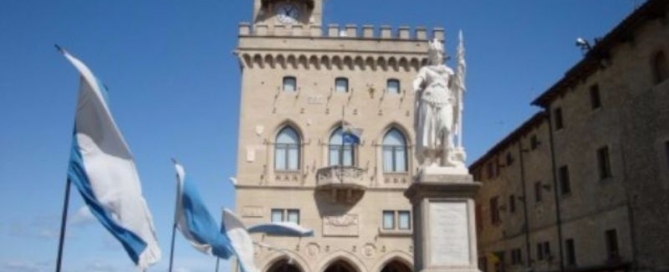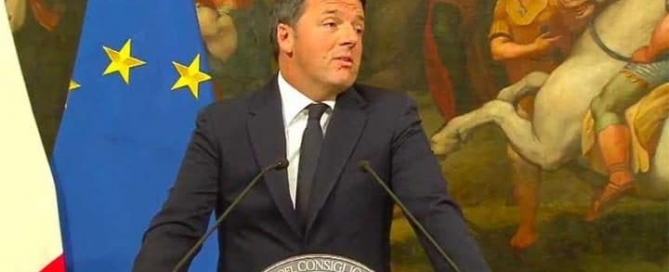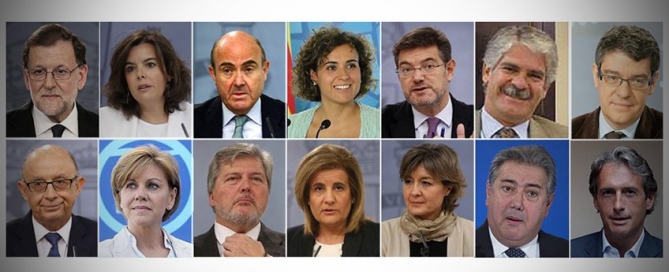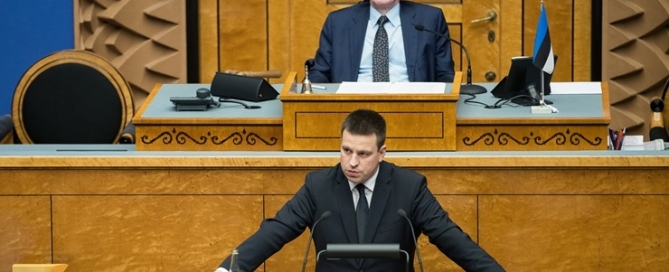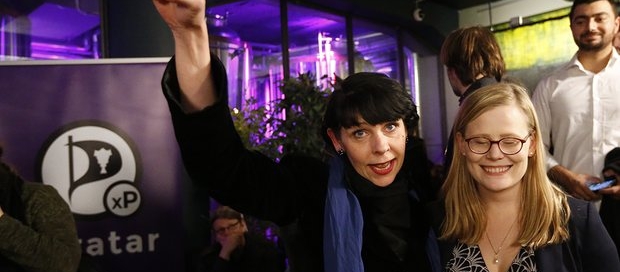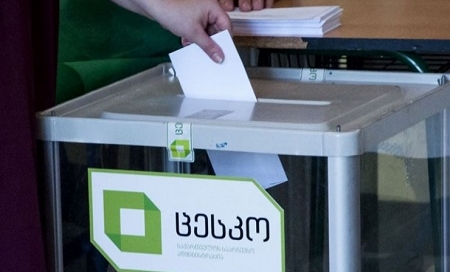Montenegro 2016: a turning point or “business as usual”
By Nemanja Batrićević (Central European University) Montenegro remains the only European post-communist country governed by the same party since the introduction of political pluralism. For the tenth time since 1990, citizens of Montenegro have had the opportunity to hold parliamentary elections. On October 16th, 387.765 citizens casted a ballot (73.3%) in elections that, as depicted [...]



